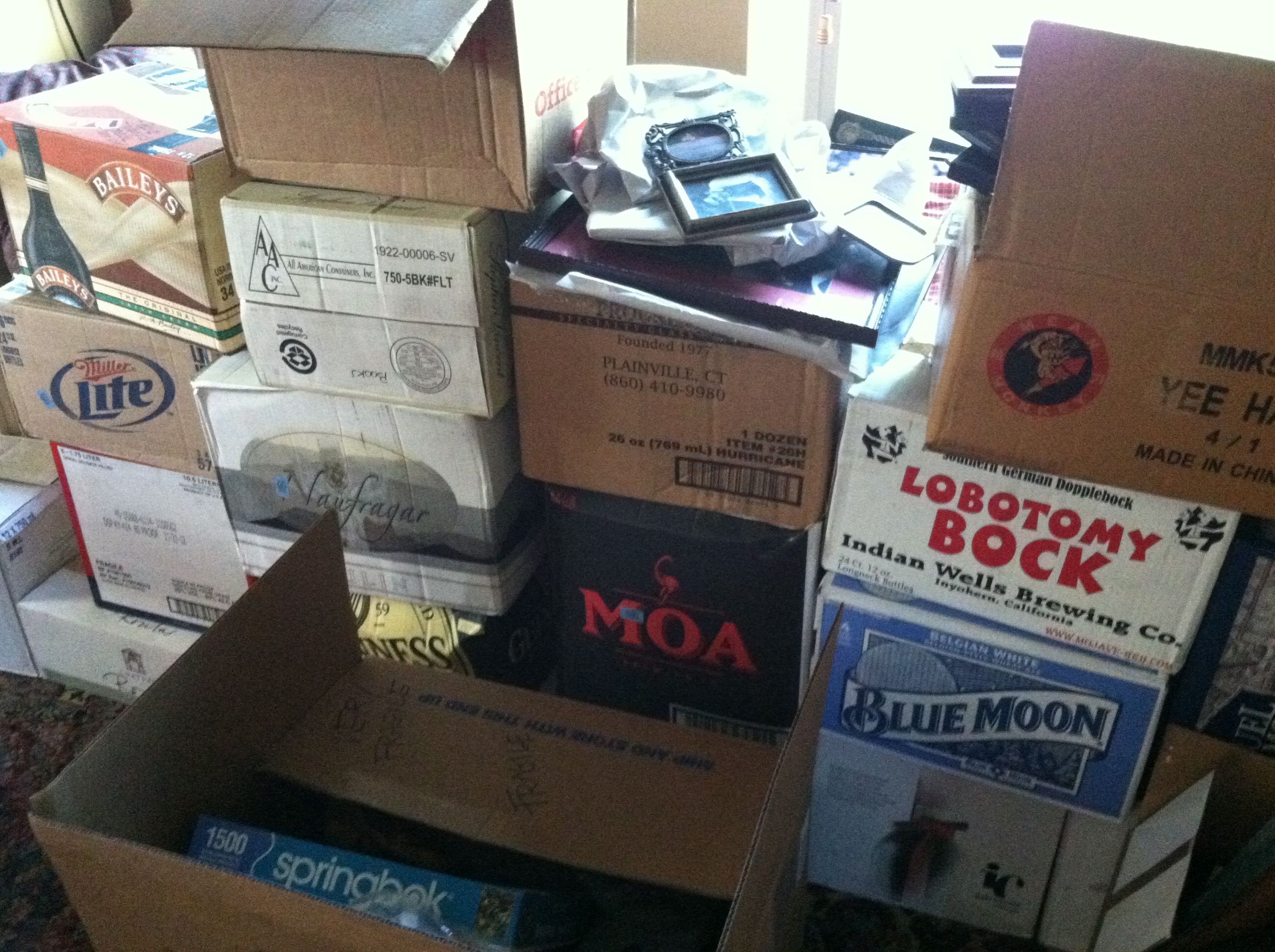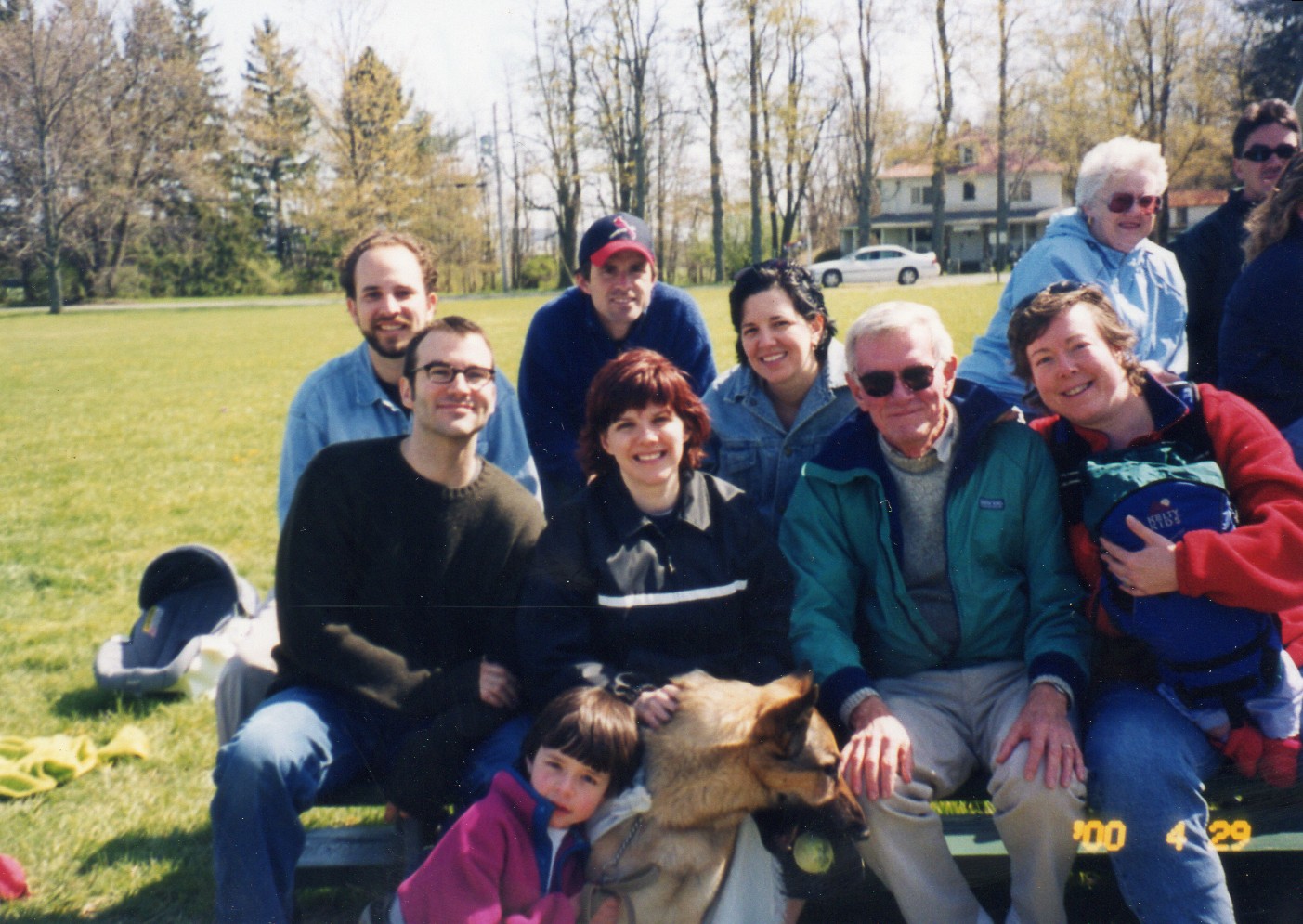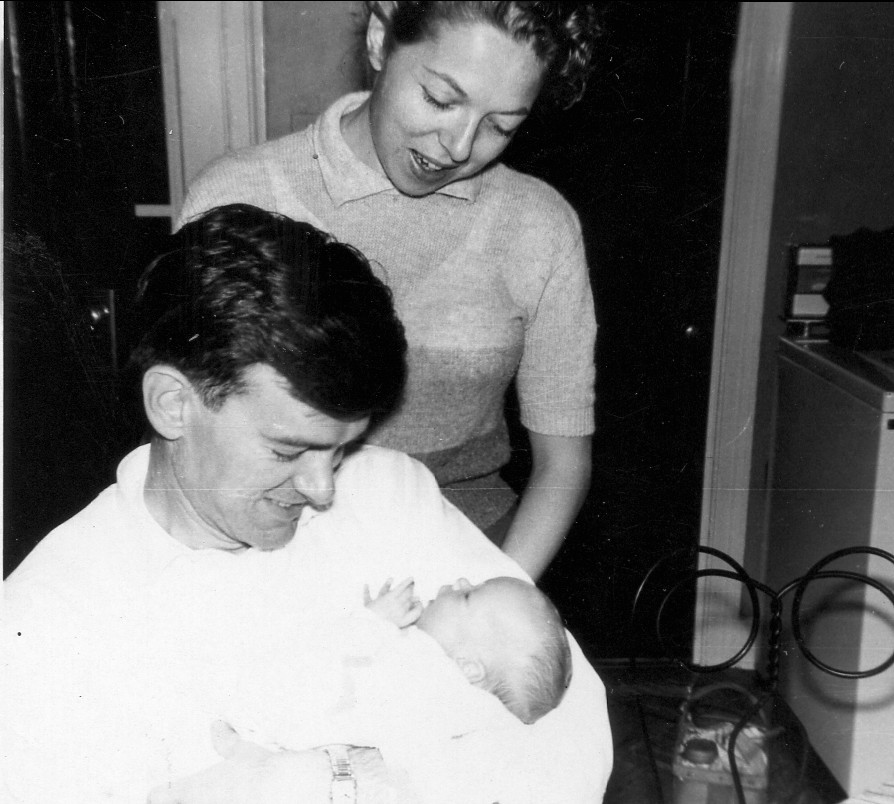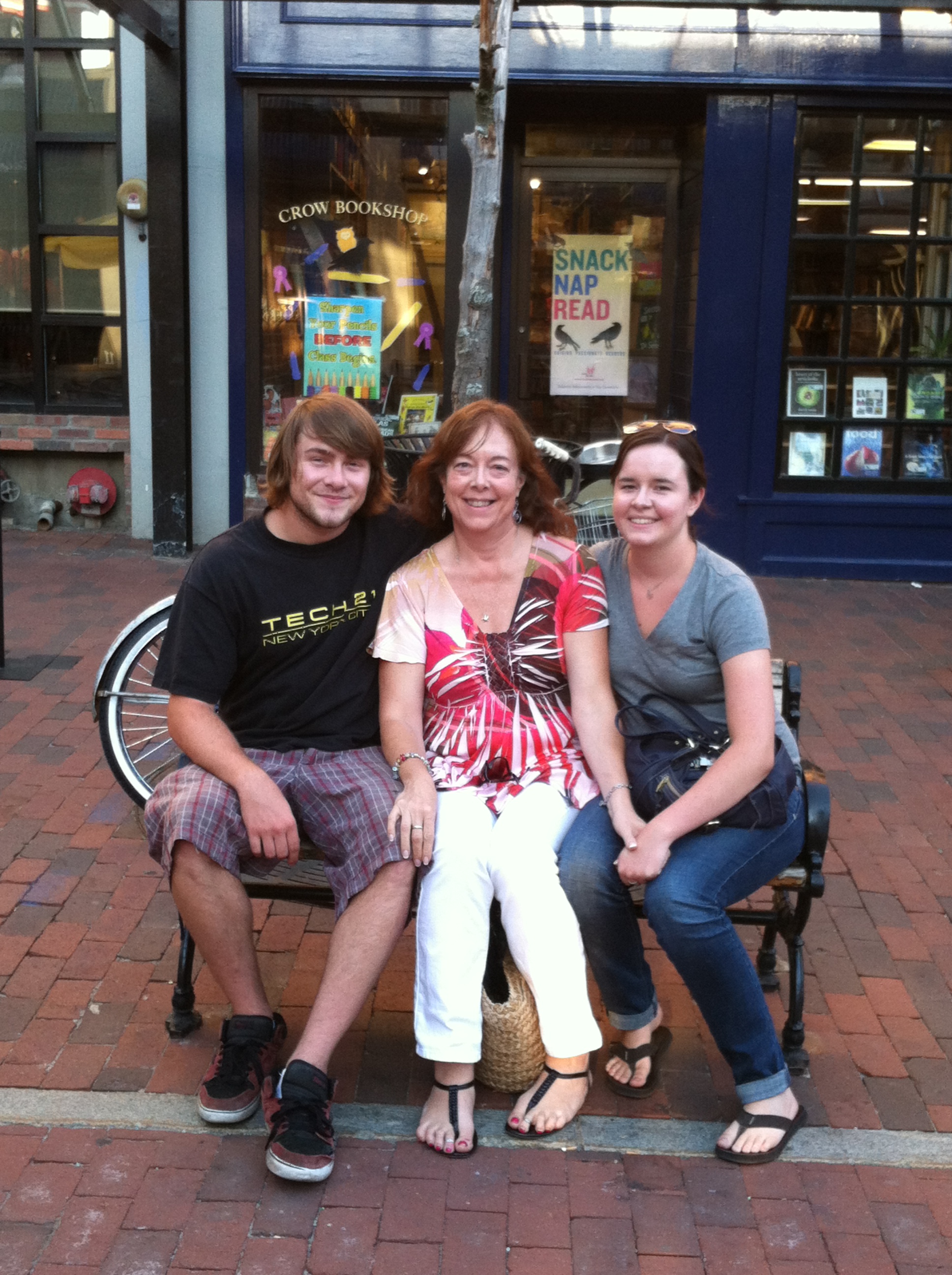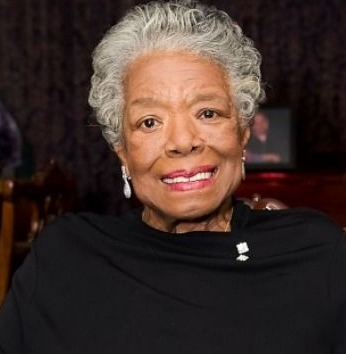25 years’ worth of stuff. No, I under-exaggerate. Over 50 years’ worth of stuff. Because I am still holding on to… way too much. A baby blanket used on newborn me. My first teddy bear, now creaky and rusty jointed and leaking his innards. Loose photos that never made it into an album or a frame. Vintage dresses I used to wear when I waited tables in a dark and smoky bistro in Charlottesville, VA. Old batting gloves that have not fit either of my children in at least ten years. A variety of dust-coated flower vases I don’t use. Why don’t I use them? I use the other 7 vases I have that I actually like. How many napkin rings does a person who does not use napkin rings really need? Why did I keep four small paint smocks in a drawer for 15 years after the last time my children and their playmates fit into them? I am grappling with these and other questions with a lot less angst than you might think.
So I started this whole thing out saying, “I am still holding on to way too much.” Make that “I was holding on to way too much.” Getting rid of my stuff is a kickass metaphor for getting rid of the shit clogging my chakras, the energetic holds on my heart, mind and spirit, the past that interrupts my present and screws with my future. Etc.
Context: A tumultuous year included two moves during which it dawned on me that I might have a bit of a stuff-burden. Now, I may, in fact, have way less in the way of material possessions than many Americans, but what defines “too much” for me might not be what it is for someone else. Clearly, having anything at all to put into a home with more than one room is a lot more than most people in this world possess. But, regardless of any judgment on how much is enough or not enough or too much, for a bunch of reasons, when I moved the first and second times in 2012, I was not in any condition to make purgative decisions when the rest of my life was in such flux/emotional turmoil/confusion as I coped with a series of over-the-top versions of joy/grief/ecstasy/terror/heartbreak/hope/misery.
But a funny thing happened. Due to circumstances within my control (but that’s another story), I lived for 5 months with 98% of my belongings in a storage unit. Nester, homemaker, keeper of stuff that I am, I was living out of 4 boxes and two suitcases. Period.
As the months went on and I lived with this pared down collection of the necessities of life, a lesson of great importance seeped into my underneath consciousness. A lesson I am putting to good use now. If I can be comfortable out of 4 boxes and 2 suitcases, I can release some of the crap collecting cobwebs in that storage unit.
A friend of mine recently wrote a blog about just this topic. I was in the midst (and still am) of my purge, and it rang my chimes. (Here’s a link: http://healthybeing.com/environment-is-everything/ ) The items piling up in boxes on the porch look like objects, feel like objects, collect dust like objects, but they represent – they are – energy. A static, clumping, blocking, curdling kind of energy that gets in my way, even when I don’t realize it.
I remember one summer when my son was about 15, I decided to tackle the basement (aka cellar) of my house. It was a dark, dank mess of a place containing a washer, dryer, freezer, furnace… the usual, plus a lot of other, well, mysterious crap. I borrowed a pick-up truck. My son, Win, and I hauled junk for hours, up from the cave into the light. As the truck filled, I’d schlep it up to a nearby town where there was a dump. A for-profit garbage place that had a cave of its own into which I deposited my unwanted stuff.
A very pale young fellow who may never have seen the light of day spent his working hours unloading other people’s unwanted items from their trucks and cars and tossing them into inexplicable piles, according to his own sense of order, inside the cavernous space.
Each time I entered the confines of this sprawling compound of garbage, my truck would be weighed. (They got an empty weight when I first arrived.) At the end of the day, when I went in to pay for the privilege of giving my rejected items (old doors, rusty pumps, decrepit shelving, an ancient crib that was from the previous owner of my house and so on), the woman behind the counter told me the total weight of the day’s many hauls: just over one ton. One TON. Win and I had carried one TON of SHIT out of our basement. How had we ever lived with one unneeded, unwanted TON cluttering up the energy of our home?
I feel the same way now. But this time, the things I’m releasing are perfectly good. They are useable. Meaningful in the world, to someone. But not me. Not any more. I won’t haul it to the dumping ground. I will offer it to the Memorial Day shoppers who cruise tag sales in the New England springtime. I will put prices like 25¢ and $1.00 on decent items. Polished up, washed, shiny and like new, or not so like new, these things will find a place of positive energy in the world. They will feather someone else’s nest. Maybe a young person getting her own apartment. Or a divorced father starting over. It doesn’t matter.
I release you, stuff. I clear my space, feng my shui, open the pores of my environment. Feels damn good.
